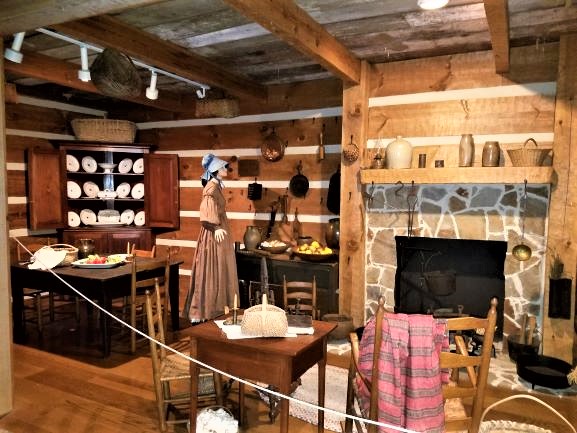
Our History and Tourist Tips for Athens, Tennessee
Athens, Tennessee, boasts a rich history dating back to the early 19th century. Here’s a glimpse into its past:
- Early Days (1822): Founded in 1822, Athens was named after the famous Greek city, possibly due to its perceived resemblance. The town was strategically placed for easy access to water from Eastnalle Creek, which later powered mills crucial to the local economy.
- County Seat (1823): The following year, Athens became the seat of McMinn County, making it the center of government for the area.
- Agricultural Beginnings: Initially, Athens thrived as an agricultural hub. Farming, dairying, and raising livestock were prominent activities. This agricultural tradition continues today, with cattle, poultry, and tobacco remaining important economic factors.
- Transportation Boom (1830s-1850s): The arrival of the railroad in the 1830s significantly impacted Athens. The town served as the headquarters for the East Tennessee and Georgia Railroad until 1855, attracting businesses and fostering growth.
- Civil War Turmoil (1860s): Like much of East Tennessee, McMinn County experienced divided loyalties during the Civil War. While Tennessee joined the Confederacy, Athens provided soldiers to both sides. Although no major battles occurred within the county, the war brought economic hardships.
- Post-War Industry (Late 19th & Early 20th Centuries): Following the war, the lure of the railroad continued to attract industry. Textile mills, flour mills, and timber mills dominated the county’s industry by the late 19th century. The 20th century saw the addition of furniture and appliance factories.
Planning Your Visit to Athens:
Now that you know a bit about Athens’ history, here are some interesting places to visit:
- McMinn County Living Heritage Museum: This museum delves into the rich history of McMinn County, including Athens. Exhibits showcase artifacts, photographs, and stories that bring the past to life.
- Athens Historic District: Take a stroll through the Athens Historic District and admire the beautiful 19th-century architecture. Many of these buildings have been restored and now house shops, restaurants, and offices.
- Tennessee Wesleyan College: Founded in 1857, Tennessee Wesleyan College is a private liberal arts college steeped in history. The campus offers a beautiful green space and historic buildings to explore.
In addition to these historical sites, Athens offers a variety of other attractions, including:
- Cherokee National Forest: Enjoy hiking, camping, and fishing in the stunning Cherokee National Forest, located east of Athens.
- Watts Bar Lake: This scenic lake provides opportunities for boating, fishing, and swimming.
- Great Smoky Mountains National Park: Take a day trip to the Great Smoky Mountains National Park, a UNESCO World Heritage Site, and experience its breathtaking beauty.
Athens, Tennessee, offers a unique blend of history, charm, and natural beauty. So, delve into its past, explore its historical sites, and enjoy the surrounding attractions!










